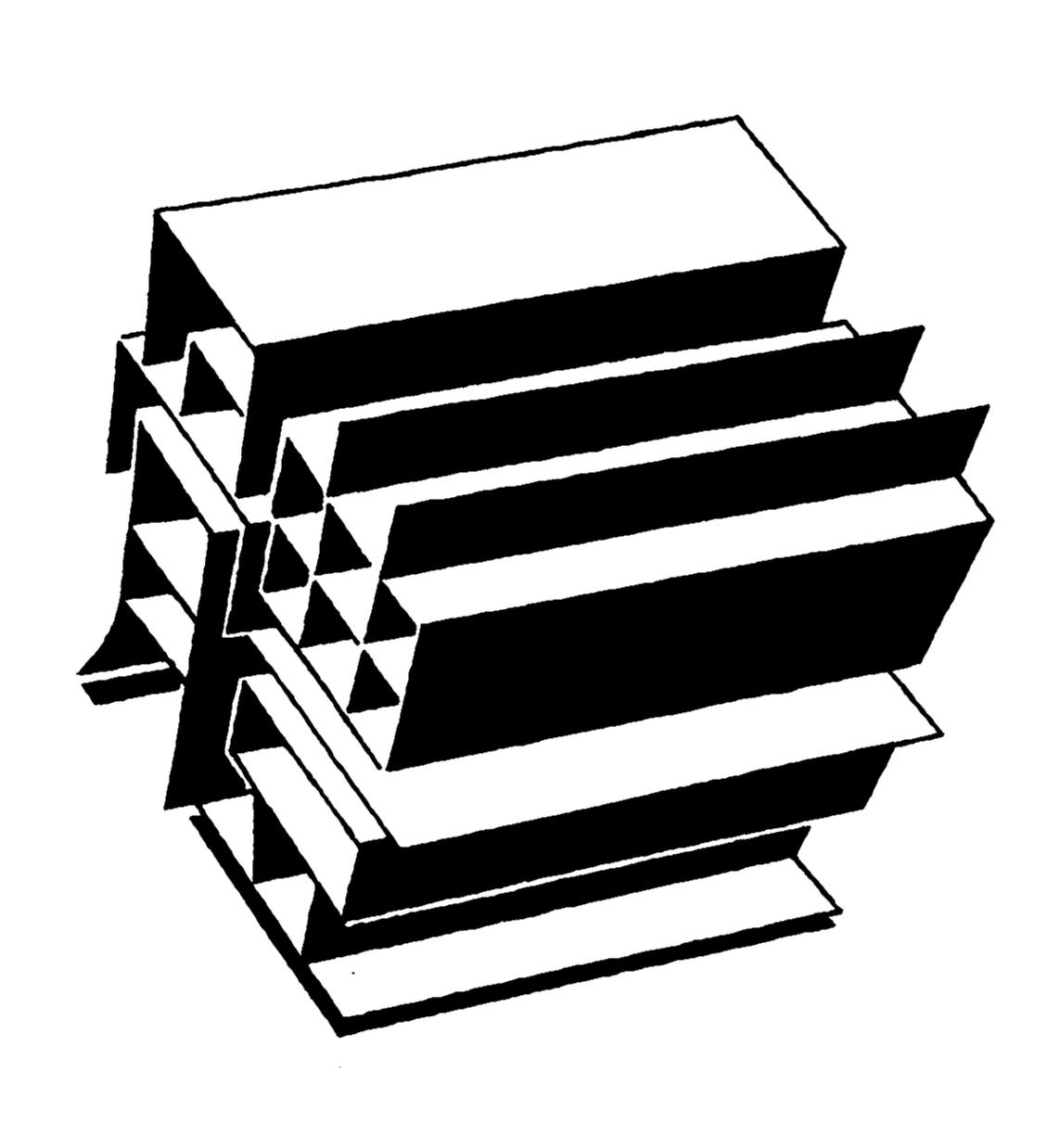Hanzi

Illustration: Tezzo Suzuki .
Hanzi is the pinyin phonetic transcription of 汉字, literally meaning ‘character of the Han people’.
Hanzi characters are used in the Chinese language and they combine logograms and ideograms.
Note: Chinese is the language and Hanzi is the writing system (or script).
Today, there are two variations of Hanzi in the Chinese language: Traditional and Simplified Hanzi. Mainland China adopted Simplified Chinese Hanzi to increase literacy by making Hanzi simpler, while territories like Hong Kong and Taiwan kept the Traditional forms as a way to keep their cultural identity.
Multiple neighboring countries that have a strong historical connection with China also use Hanzi, or did so before adopting a different script:
- Japanese: Hanzi (Kanji in Japanese) used in combination with Hiragana and Katakana;
- Korean: now using Hangeul script, but some Hanzi (Hanja in Korean) are still used in specific situations;
- and Vietnamese: now using the Latin alphabet.
Each language and territory uses specific variations of the same Hanzi. However, since each has evolved independently, they developed more or less subtle differences from those of the Chinese.